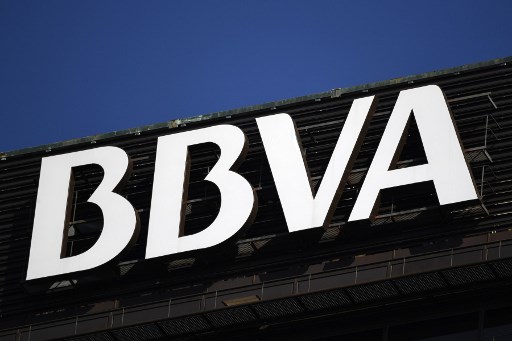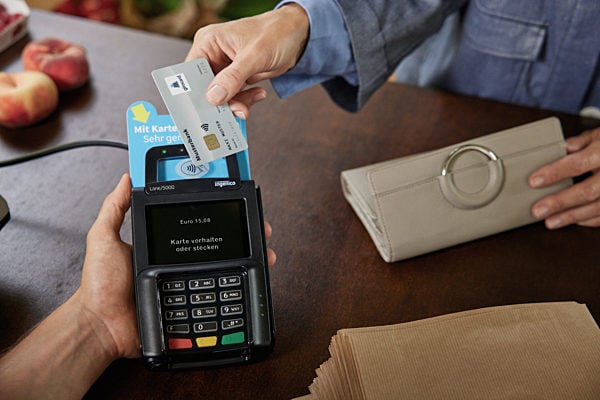Spain's National Court, which handles major financial cases, charged the bank with “corruption and breach of confidence”, a spokeswoman for the court said.
The announcement comes five days after prosecutors asked that the bank be charged.
Earlier this month, nine former or current managers at the bank were put under formal investigation in the same case.BBVA is suspected of having used Jose Manuel Villarejo, a now retired police superintendent, to illegally tap the phones of journalists, politicians and businesspeople to push back an unwanted shareholder, according to Spanish media.
READ MORE:
- Spanish bank BBVA accused of illegally tapping phones of journalists and politicians
- BBVA accused of racism after freezing bank accounts of hundreds of Chinese clients in Spain
- Spain's elite shaken by 'blackmailer' cop's recordings
In January, the bank admitted it had previously used the services of a business intelligence group called Cenyt and had launched an internal probe into the issue.
Cenyt was linked to Villarejo who is currently in jail, suspected of having done dirty work, such as blackmail or threats, on behalf of companies or rich individuals for decades.
For years, he also recorded conversations with the all-powerful and has been drip-leaking these from prison, striking fear among high-profile politicians, business leaders and even the monarchy.
Prosecutors had argued that employing Villarejo could be considered corruption “because of the incompatibility” of his position as a police officer and the type of work for BBVA on behalf of Cenyt.
They also accuse some BBVA executives of having received gifts from Cenyt in exchange for awarding contracts.
Among those probed in the BBVA case is Angel Cano, who as chief operating officer from 2009 to 2015 acted as deputy leader of the bank.
“Our priority is to clarify the facts and collaborate with authorities and that will continue to be the case,” BBVA chairman Carlos Torres Vila said in a statement.
In January, BBVA said it had not “found any paperwork reflecting any monitoring or tapping of private communications” in its initial internal probe.
But the case still forced Francisco Gonzalez, who as executive chairman of BBVA was its top leader, to resign from all his posts, including honorary ones, by March 2019.



 Please whitelist us to continue reading.
Please whitelist us to continue reading.
Member comments